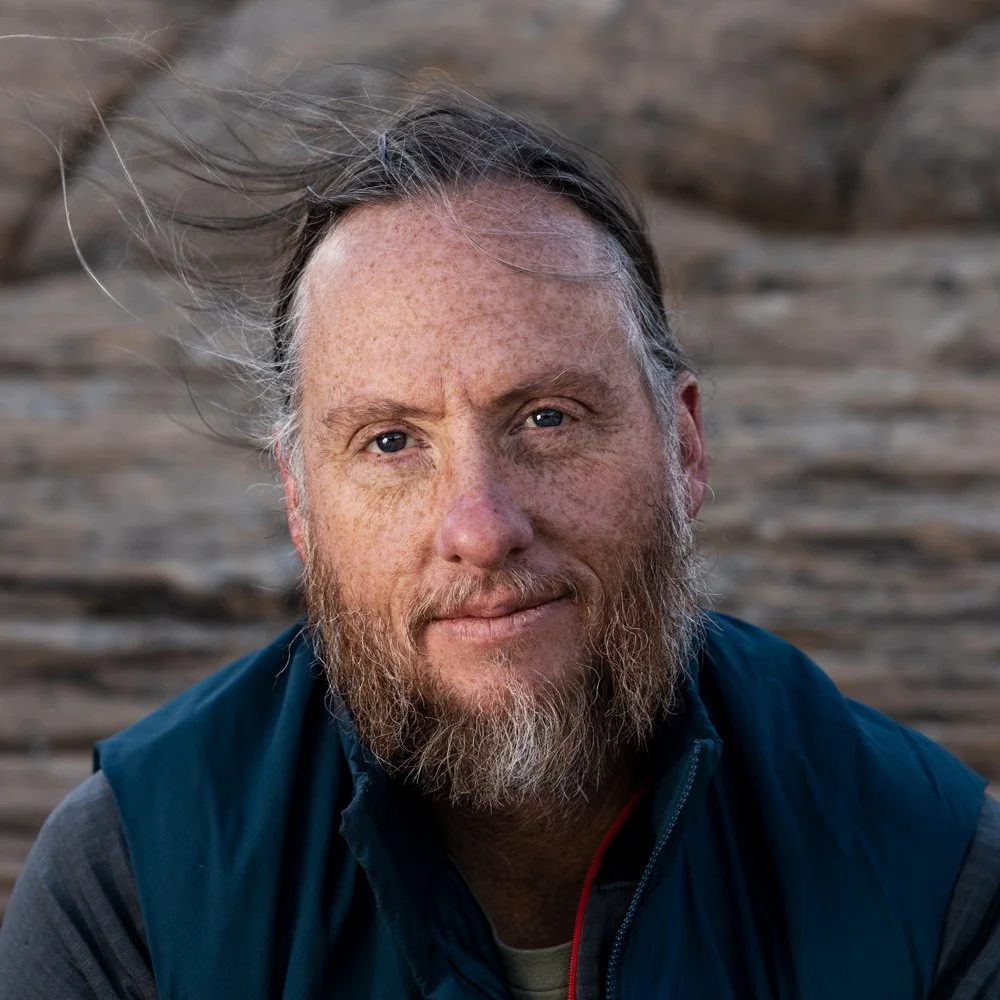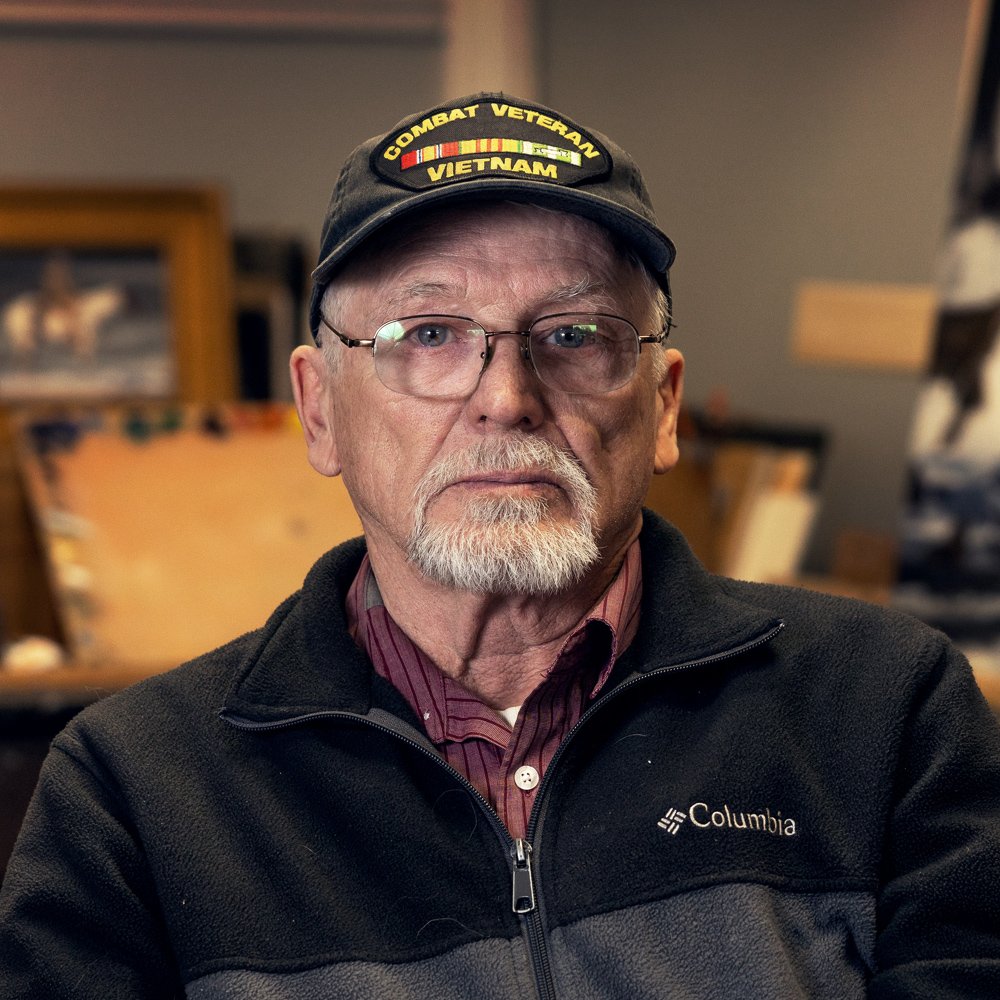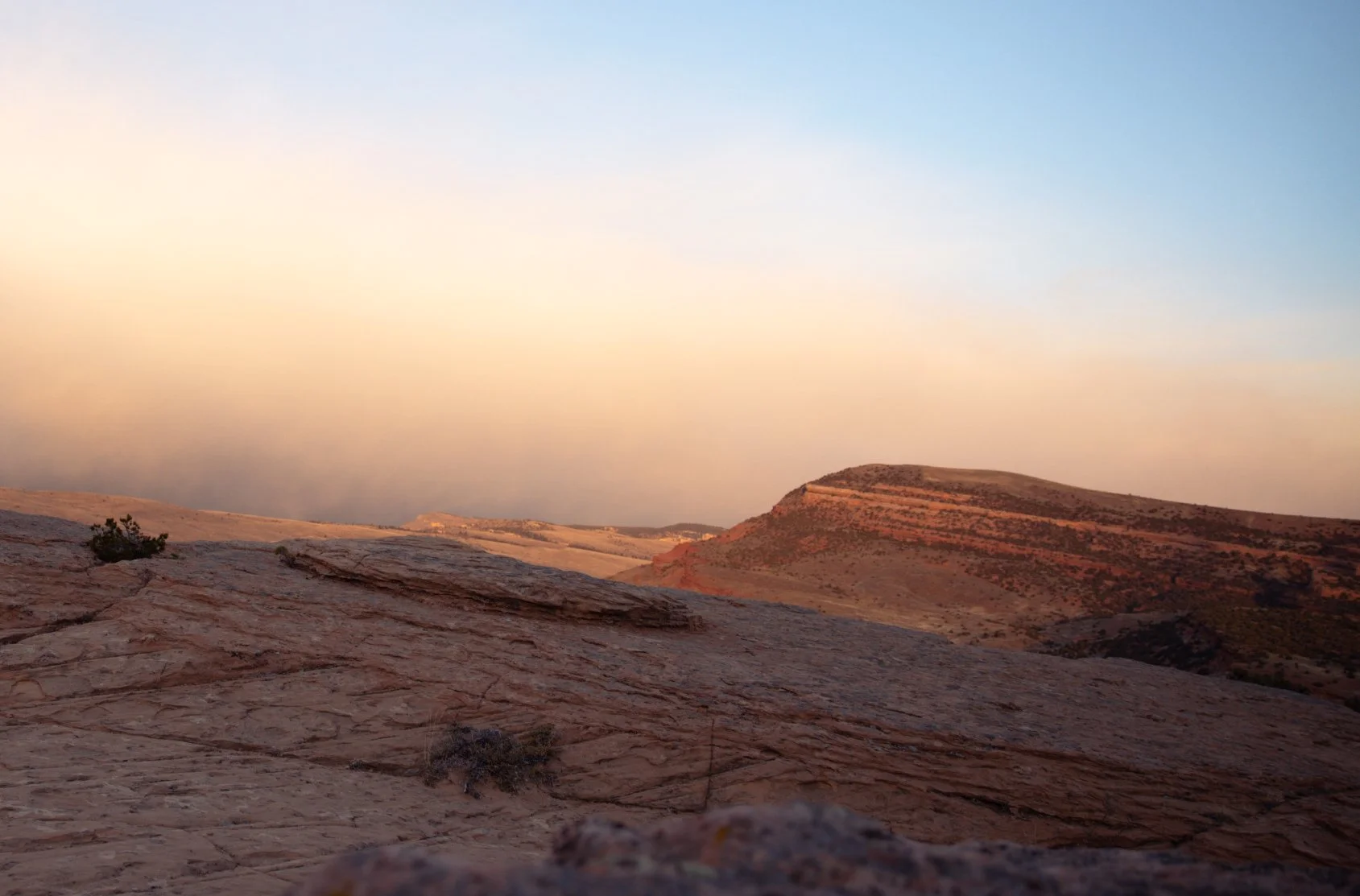“Our veterans don’t need more help, they need better help”.
— Mica Fink, Heroes & Horses, a veteran-led non-profit.
A sense of belonging & connection is something we all seek, but in modern life it’s increasingly hard to find – especially for returning service people. This scarcity of human connection contrasts starkly with the unity and ‘brotherhood’ described by so many service people about their time in the service. Despite the camaraderie, and technically ‘safer’ wars than those fought by their forebears, our Veterans are increasingly diagnosed with PTSD – even if they did not experience combat first-hand – these problems seem to emerge upon ‘homecoming’.
The Diagnostic & Statistical Manual of Mental Disorders first listed PTSD in 1980, and today the US military has the highest reported PTSD rate in its history. While clinical recognition is important, diagnoses can carry stigma and lead to deeper feelings of despair and disillusionment. As contemporary understandings of PTSD and its treatment change, the Veteran experience continues to be obscured by broad statistics. Crossing the Threshold shines a light on the human stories behind the statistics.
Director Statement
I used to spend hours on the phone with friends deployed in the Australian Defense Force. They would call when they could, and talk over and over about coming home like it was an almost mythical ideal. But when they hit home-soil again, they always seemed restless, and in many ways couldn’t wait to get out again. This dichotomy stayed with me.
Years later, when reading journalist Sebastien Junger’s book ‘Tribe’, I was struck by humanity’s ability to find connection and community in times of great conflict and began thinking more deeply about what binds people together in war. What’s it like to come home to communities that do not, and cannot, understand what you’ve been through?
After conversations with Veteran friends in my home-State of Wyoming, I wanted to understand the disconnection felt by Veterans, and explore how their identities change through their experiences. Veterans are the experts of their own stories, and we need to hear from them on their own terms, so I set out to create a space for storytelling in the spirit of oral traditions, with a contemporary focus on person-led healing.
- Sophie Barksdale, Director ‘Crossing the Threshold’
Characters
Consultants
-
Doctor of Philosophy (Ph.D.) Education, Culture and Society from University of Pennsylvania & a marine Veteran from the first Gulf War. A teacher and educator, he was Associate Professor of Education at Emory University of Educational Studies. He has a particular interest in how we learn and unlearn as adults. Currently part of a Substance Abuse and Mental Health Agency (SAMSHA) funded storytelling initiative to address the high number of Veterans in Georgia who are chemical dependent, homeless or at risk of suicide.
-
Oral history collector and qualitative researcher. MA in International Studies from Johns Hopkins University. Conducted qualitative field research in China and also recorded oral histories of individuals in an African-American community who originally lived in segregated company housing. Her work was submitted to the Wisconsin Historical Society.
-
Cultural Knowledge Keeper, Eastern Shoshone Tribal Elder and Veteran. Has served in the US Army, was a liaison for former Wyoming Gov. Dave Freudenthal, has held various leadership positions in Fremont County, and served as Tribal Leader for the Eastern Shoshone Tribal Business Council. Currently acts as Tribal Education Coordinator at Central Wyoming College. Ivan is assisting with cultural appropriateness and providing a link between the production team and Veterans.
-
Counselor, behavioral health Clinician and qualified EMDR therapist in Fremont County. She will advise on interviewing participants in a safe and responsible manner and will also be available for individuals to speak to during/ after interviews as needed to ensure the safety of participants.
PLACE
LOCAL STORIES: LOCAL VOICES
This film is made deep within its regional context, utilizing the skills of local creatives and crafts people. In a broadening media landscape it’s crucial for regional communities to advocate for their own representation and play an active part in collective storytelling so groups with rich cultural and social experiences don’t continue to be underheard, misrepresented or misunderstood.
‘Crossing the Threshold’ rallies around those best equipped to tell their own stories, allowing regional America to have a voice beyond the cliches.
MAKING A FILM IN WYOMING.
Shooting a film on location builds skills, brings jobs & revenue, and develops infrastructure, boosting local economies. Making Wyoming-based films with Wyoming-based talent keeps funds circulating in the local economy and enriches vocational opportunities. ‘Crossing the Threshold’ is generating jobs for Researchers, Archivists and Consultants, Producers and Coordinators, Videographers and Cinematographers, Motion Graphics Designers and more. A film shoot also requires accommodation, transport, and food and drink - all of which come from local economies.
Responsible filmmaking:
AS FILMMAKERS, WE MUST ASK OURSELVES “WHO IS TELLING THIS STORY? WHY? WHO BENEFITS?”
As we navigate the “golden era” of documentaries, it is incumbent on us to consider the ethics of documentary filmmaking. Sharing a life on screen is a delicate and vulnerable thing. Are we putting our film participants’ needs and dignity first? The Documentary Accountability Working Group (DAWG) addressed this in a recent revision to their ‘core values for ethical and accountable nonfiction filmmaking’. These values stress prioritizing the “needs, wellbeing, dignity, and experience of all those associated with your film.” As filmmakers, we must ask ourselves: Who is telling this story? Why? Who benefits?
Documentary filmmakers also carry an enormous weight of responsibility; - in addition to leading their crew, they are entrusted with authentically capturing and reflecting the story. Those necessary skills of empathy and compassion that make a great documentarian also leave them susceptible to vicarious trauma, and burnout. The workloads are heavy and the support is scarce. The DAWG calls mental health “critical” to the documentary field. With subject matter covering racial and gender injustice, or environmental, political and social threats, the work can be dispiriting. An alarming trend was cited by The Hollywood Reporter when they reported “according to the CDC, the highest female suicide rate from 2012 to 2015 occurred in the combined fields of arts, design, entertainment, sports, and media.”
To advocate for better mental health across the industry, our production is committed to safeguarding our collective mental health wellbeing, both in front of the camera and being it. We do this through a trauma-informed code of ethics, cultural sensitivity and responsiveness, and dedicated resources for qualified mental health support for all involved personnel.









